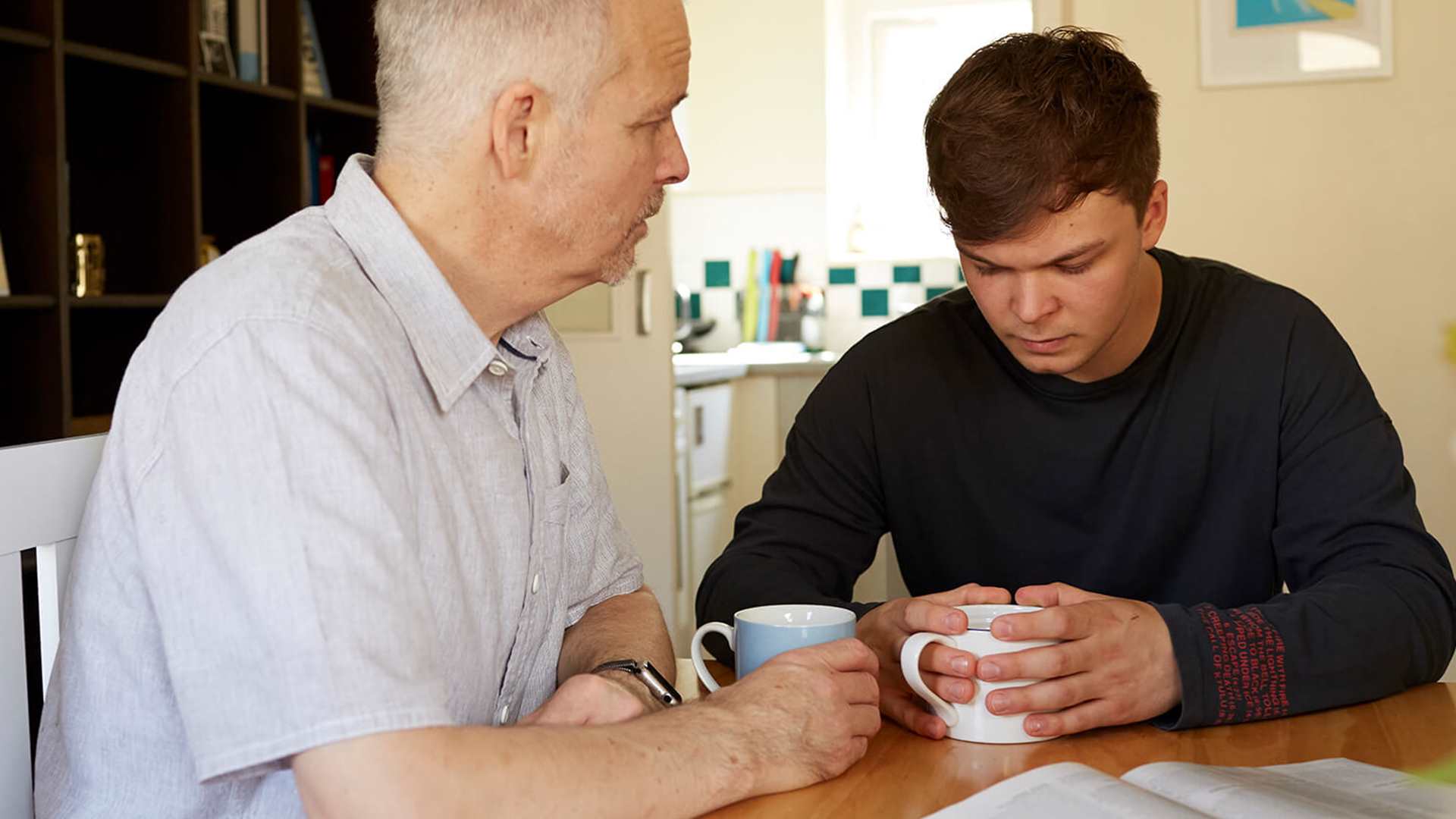Topic: Coronavirus and mental health
YoungMinds is calling for Government action to limit the impact of the COVID-19 pandemic on children and young people’s mental health, as a new survey reveals widespread concerns among parents and carers.
The charity YoungMinds has today published the results of a survey with more than 1,850 parents and carers, in which respondents expressed worries about the long-term impact of COVID-19 on their children’s mental health, and described the challenges they face in finding support. [1]
The results show that:
- 67% of respondents agreed that they are concerned about the long-term impact of the coronavirus on their child’s mental health. This rose to 77% among parents and carers whose children had required mental health support in the previous three months. [2]
- 29% of respondents disagreed that there was enough support (information, helplines and resources) available to help them and their child get through this time. 24% of respondents said that they would not know where to turn for advice and information on supporting their children’s mental health during this time.
- Among respondents whose children had received mental health support in the previous three months (through the NHS, private providers, school counsellors, charities and helplines) 25% said that their child was no longer able to access it, but still needed it.
- 66% of respondents said that the coronavirus had had a negative impact on their own mental health.
The charity is publishing the results as it launches Beyond Tomorrow, a campaign calling on the Government to take action now to limit the long-term impact of the pandemic on young people’s mental health.
The campaign urges the Government to ensure that young people who need mental health advice can get it, that there is increased support for families, and that schools are able to prioritise children’s wellbeing now and when it is safe for them to reopen. It also calls for continued investment in mental health services as restrictions change, to ensure that young people who have been affected can get ongoing support.
Parents and carers who took part in the survey reported that the pandemic had already affected their children in a wide range of ways, with many reporting an increase in anxiety and depression, a sense of loss and fear, difficulties coping with a lack of structure and routine, increased isolation and young people missing face-to-face contact with friends.
The charity also asked about the top concerns parents and carers had for the children and young people in their care. Many respondents were worried about how young people would transition back to ‘normality’ when lockdown was eased and how this would affect their future. Other respondents talked about the pressure of balancing support for their child’s home-learning with work or other caring responsibilities, or the effect the pandemic was having on their child’s recovery from existing mental health conditions.
Emma Thomas, Chief Executive of YoungMinds, said:
“The coronavirus pandemic is the biggest health crisis for generations, and the restrictions the government has put in place have been absolutely necessary.
“The pandemic has also turned the lives of millions of children and young people upside down. Many young people are finding it hard to cope with isolation, a loss of routine, anxiety about the future, a disruption to their education, and in some cases difficult or traumatic experiences at home. Despite huge efforts from mental health professionals, young people with existing mental health needs often can’t get the same level of support as they had before the crisis.
“As our survey shows, many parents and carers are deeply worried about the long-term impact of the pandemic on the young people in their care, and don’t know where to turn for advice and support.
“That’s why the Government needs to take action, to make sure that support is available for young people and families who need it, now and as we emerge from the pandemic.”
As our survey shows, many parents and carers are deeply worried about the long-term impact of the pandemic on the young people in their care
The charity’s campaign Beyond Tomorrow is calling on the Government to:
- Ensure that all young people and families who need immediate mental health support can get it, to prevent the pandemic from having long-term consequences for young people’s mental health.
- Help schools and professionals to support young people with their mental health during the pandemic and as restrictions change.
- Commit to introducing additional support for young people’s mental health as we emerge from the pandemic to tackle the anticipated rise in mental health needs.
YoungMinds is launching a petition aimed at the Government today.
Quotes from parents and carers
YoungMinds is the UK’s leading charity fighting for young people’s mental health. For more information please visit www.youngminds.org.uk
Follow us on Twitter @YoungMindsUK and Facebook
The charity previously published results from a survey with young people about the mental health impact of COVID-19
For free advice and support for parents, call our helpline on 0808 802 5544
[1] The survey was hosted on surveygizmo.uk between Thursday 9th April and Sunday 10th May, and promoted through advertising on social media on social media. 1,854 parents and carers took part. See accompanying summary of results for more information.
[2] Among the respondents, 745 parents said that their children had received mental health support in the previous three months.
